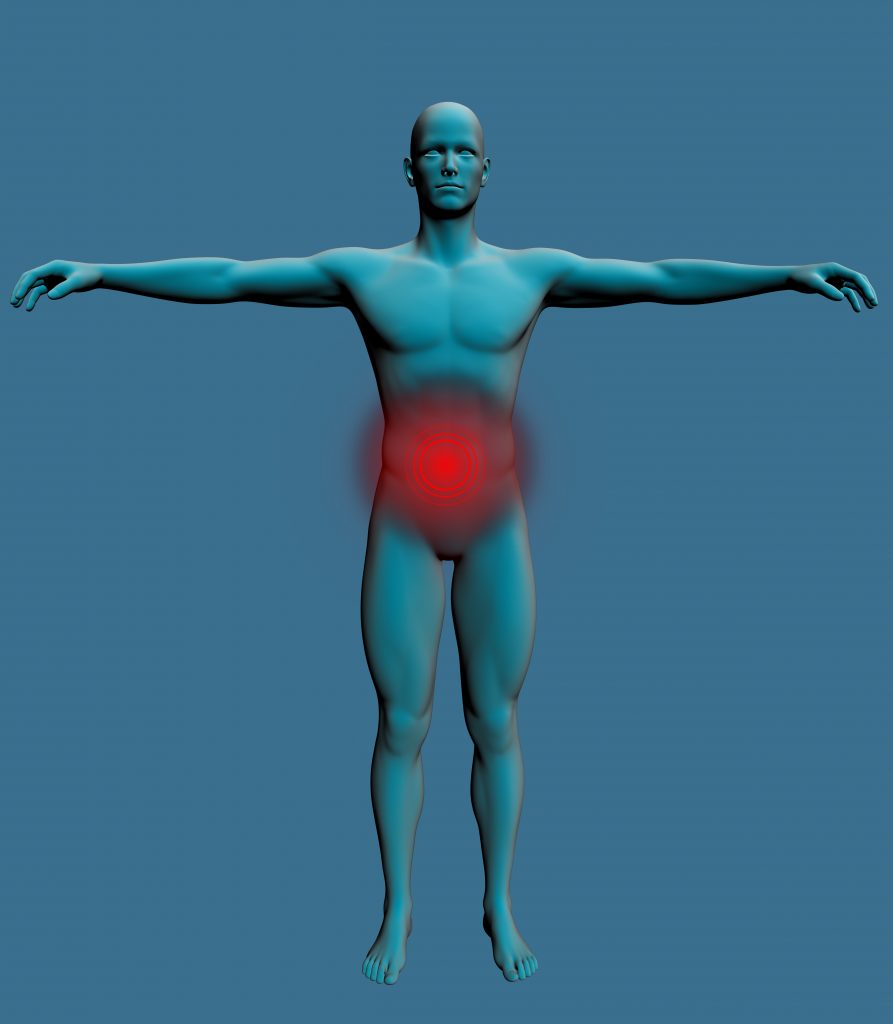News & Events
How Stress Affects Your Digestive System
How Stress Affects Your Digestive System
You may not know it but, stress can affect more than your level of happiness – it can negatively impact your health and more specifically your digestive system. Your brain and your digestive system are very closely related. In fact, some say that your “gut” has a “mini brain”. You know the expression trust your “gut feelings”? This has more truth than you would think. Your stomach and intestines actually have more nerve cells than your spinal cord!
Your gut is connected to your brain through the vagus nerve – a nerve that runs from your brain stem to your abdomen. This enteric nervous system is made up of millions of nerves that control digestion. When you introduce stress into your system, you activate the “fight or flight” response. This response tells your central nervous system to shut down blood flow; which can shut down or slow digestion. Stress can also cause an inflammation in your gastrointestinal system or even cause your esophagus to go into spasms and increase acid in your stomach, causing indigestion.
Prolonged stress can cause even more problems: diarrhea, bloating, cramping, constipation or other digestive issues. When a person is constantly experiencing stress it can become more serious. IBS and peptic ulcers are both related to stress.
Stress can also cause weight gain. One of the major stress hormones released when you are in a stressful situation is cortisol. This hormone boosts abdominal fat and along with insulin, is responsible for stress-related food cravings. There is actually a theory called “reward-based stress eating”. The theory is that when we experience stress and turn to high-calorie foods or “comfort foods” for comfort, we cause our brain to make chemicals called endogenous opioids. These are neurotransmitters that help protect against the harmful effects of stress by slowing down the brain process. When we repeat this process we stimulate reward pathways that lead to changes in the brain and cause chronic overeating.
If you want to improve your health and/or lose weight in the New Year, consider looking into ways to reduce your stress! Exercise, meditation, and yoga are all great stress reducers.